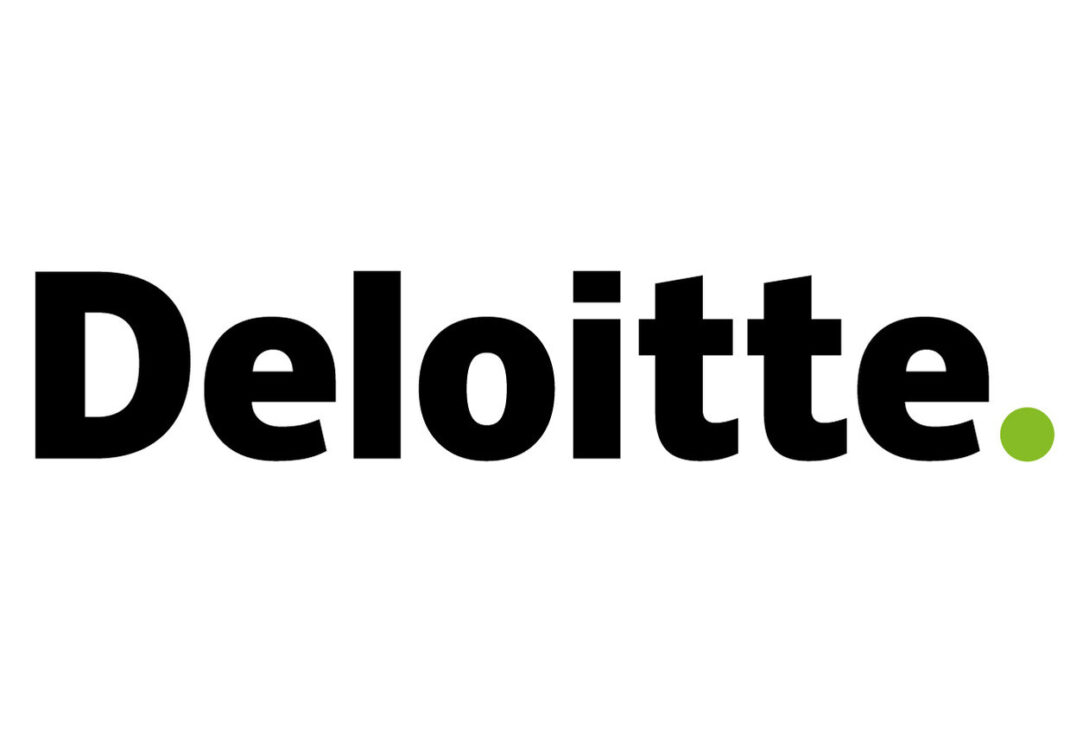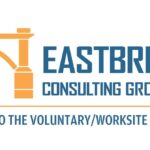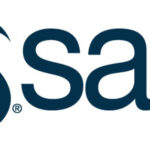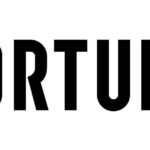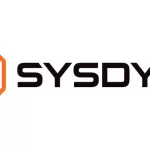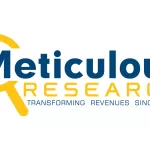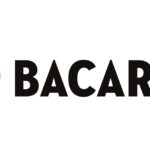Despite increased investment and innovation in AI, it is not yet reflected on the boardroom agenda, according to a recent Deloitte Global survey
NEW YORK, Oct. 8, 2024 /PRNewswire/ —
Key takeaways
- Almost half of respondents (45%) to a recent survey say AI is not on the agenda of the board of directors.
- Over three-quarters of respondents (79%) say their boards have limited, minimal, or no knowledge or experience with AI.
- Just 2% say their boards were highly knowledgeable and experienced with AI.
- Nearly half (46%) of those surveyed say they are unsatisfied or concerned with the amount of time boards spend addressing AI.
- Forty-one percent say their organizations are not ready for AI.
- Forty-four percent of those surveyed say the pace of AI adoption needs to accelerate.
The Deloitte Global Boardroom Program surveyed 468 board members and C-suite executives in 57 countries from May to July 2024. Some respondents may serve at multiple organizations as both executives and board members.
Why this matters
Although enterprise investment in AI is increasing globally, many boards are still getting up to speed and are unsure how to govern its use.
Among those surveyed, only 14% say their boards discuss AI at every meeting, while nearly half (45%) say AI hasn’t yet made it onto the agenda. Meanwhile, the technology continues to evolve and more and more employees are accessing AI tools, whether the tools are approved by their organization or not. This can create real risks for organizations.
Building board governance of AI
As organizations consider how to implement AI, boards should implement guardrails to help mitigate risks, such as employees using unapproved AI-powered tools. To build up board governance of AI, boards will need to set aside sufficient time on the agenda to be fully engaged and informed on the topic.
- Of those surveyed, 41% say AI is on the board’s agenda only once or twice a year.
- Nearly half (46%) of respondents say they are unsatisfied or concerned with the amount of time boards spend addressing AI.
- Only 3% of respondents think their organizations are very ready to deploy AI, while 41% say their organizations are not ready.
- As boards begin to build out their oversight of AI, survey respondents believe they should focus on overall governance and oversight, including ethics (57%); strategy development including policy on AI (44%); risk and opportunity management (35%); and oversight of implementation (14%).
Key quote
“AI is here, now. At this pivotal moment, it is natural to want to evaluate the overall impacts of new technologies. But there is a real danger in organizations not moving quickly enough to fold AI into the board agenda. It’s vital for organizations to govern at scale, which means challenging boardroom orthodoxies while implementing balanced processes to ensure the board’s time is spent on the most significant and strategic topics.”
— Lara Abrash, chair, Deloitte US
The debate over where responsibility for AI should fall
Many enterprises are still grappling with how to adopt and implement AI. The data finds that there is a lack of clarity when it comes to who should be responsible for the governance of AI, and whether it should be a matter for the entire board of directors or delegated to a committee.
In addition, while early conversations may have fallen squarely to CEOs and information or technology officers to examine adoption potential, the report found that boards are beginning to engage with multi-disciplinary members of the C-suite to evaluate risks and opportunities as AI is scaled throughout the enterprise.
- When AI is on the board agenda, nearly half (46%) of those surveyed say it is addressed at the full board level rather than a committee.
- When a committee is responsible for addressing AI, it is typically one involved with risk; either the risk and regulatory committee (25%) or the audit committee (22%).
- Sixty-nine percent say their boards are engaging with the chief technology officer (CTO) or the chief information officer (CIO) about AI.
- Half of the respondents say they are talking with their CEO about these topics.
- About a quarter (26%) of respondents also say they are engaging with the chief financial officer (CFO).
Upskilling to improve AI literacy
Many board members lack an understanding of AI and should upskill in order to manage the opportunities and challenges it presents. Rather than adding new board members, some boards are turning to external specialists or internal advisers to enhance their AI fluency.
- Nearly 80% of respondents say their boards have limited, minimal, or no knowledge/ experience in AI.
- Among those surveyed, 57% say that their board members are independently educating themselves about AI.
- Thirty-seven percent of respondents say they are bringing in external specialists to educate their boards about AI.
- Few (8%) of those surveyed say they are bringing on AI specialists as new members of the board.
Key quote
“During a time when AI is being experimented with and implemented across organizations, it’s imperative that board members continue to invest in AI upskilling and external resources to improve their own AI fluency. This investment will enable robust guidance to their organizations. Companies that are able to keep pace with evolving AI trends and adoption will be at a distinct advantage in addressing risk, aligning implementation with business priorities, and establishing a strong foundation for long-term impact.”
— Prof. Dr. Arno Probst, Global Boardroom Program leader, Deloitte Global
About Deloitte
Deloitte provides industry-leading audit, consulting, tax and advisory services to many of the world’s most admired brands, including nearly 90% of the Fortune 500® and more than 8,500 U.S.-based private companies. At Deloitte, we strive to live our purpose of making an impact that matters by creating trust and confidence in a more equitable society. We leverage our unique blend of business acumen, command of technology, and strategic technology alliances to advise our clients across industries as they build their future. Deloitte is proud to be part of the largest global professional services network serving our clients in the markets that are most important to them. Bringing more than 175 years of service, our network of member firms spans more than 150 countries and territories. Learn how Deloitte’s approximately 460,000 people worldwide connect for impact at www.deloitte.com.
Deloitte refers to one or more of Deloitte Touche Tohmatsu Limited, a UK private company limited by guarantee (“DTTL”), its network of member firms, and their related entities. DTTL and each of its member firms are legally separate and independent entities. DTTL (also referred to as “Deloitte Global”) does not provide services to clients. In the United States, Deloitte refers to one or more of the US member firms of DTTL, their related entities that operate using the “Deloitte” name in the United States and their respective affiliates. Certain services may not be available to attest clients under the rules and regulations of public accounting. Please see www.deloitte.com/about to learn more about our global network of member firms.
SOURCE Deloitte



